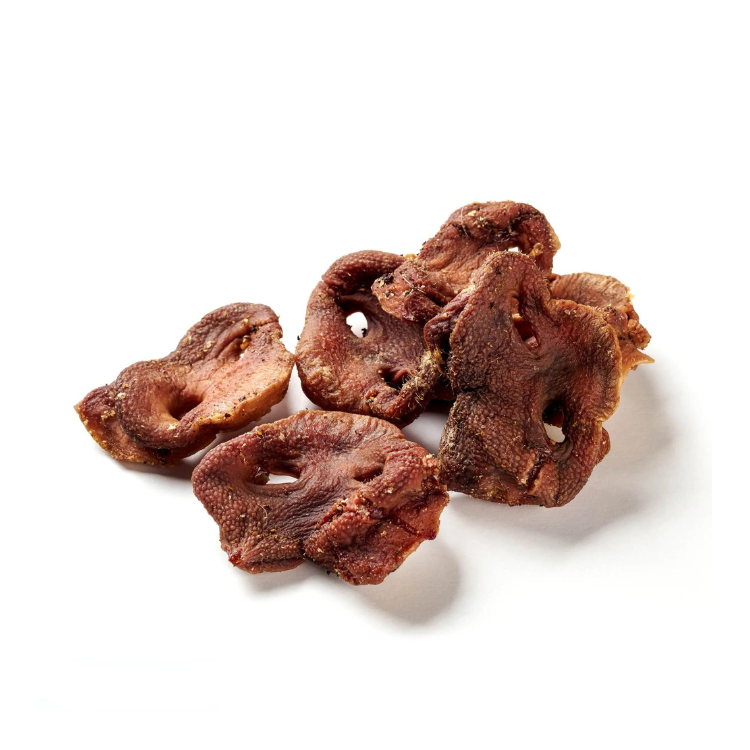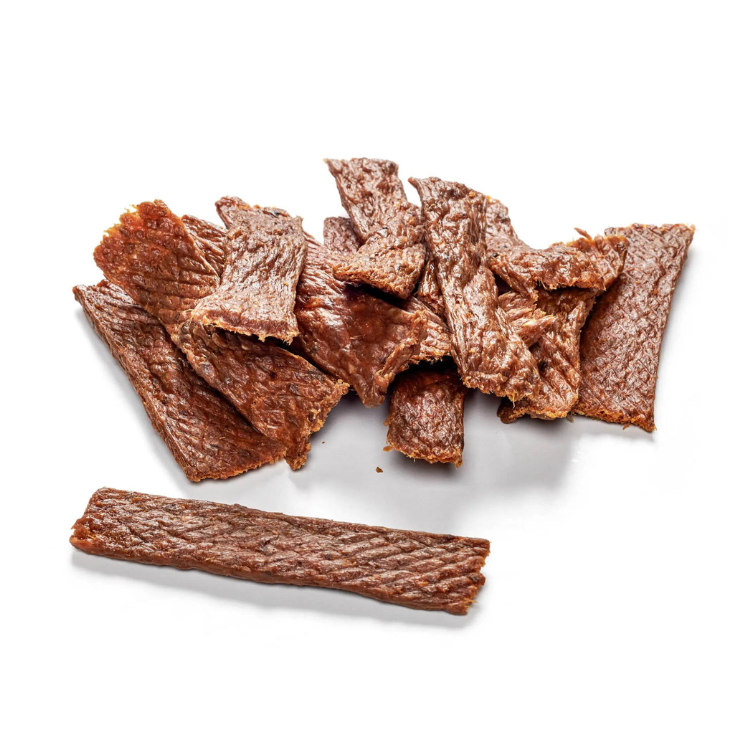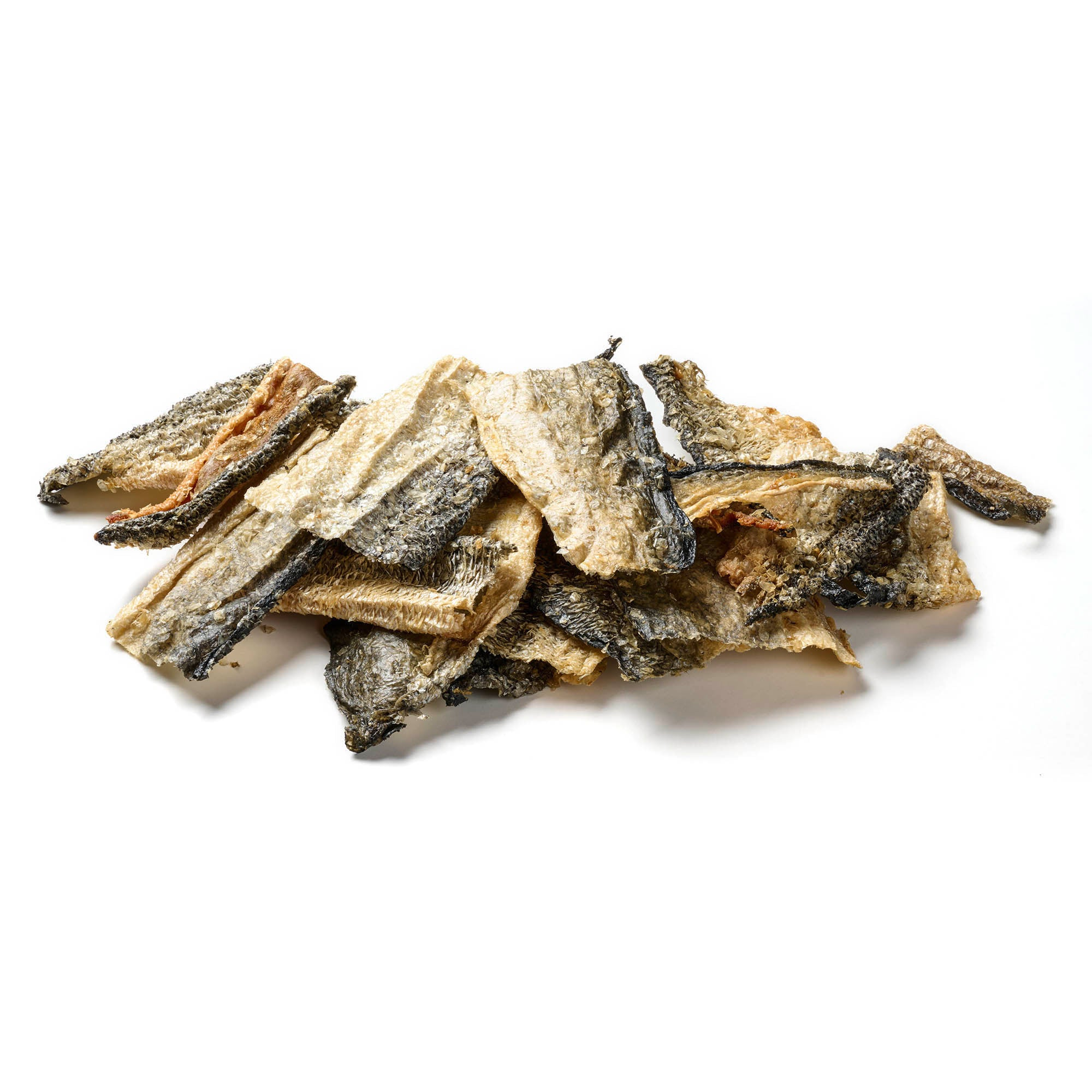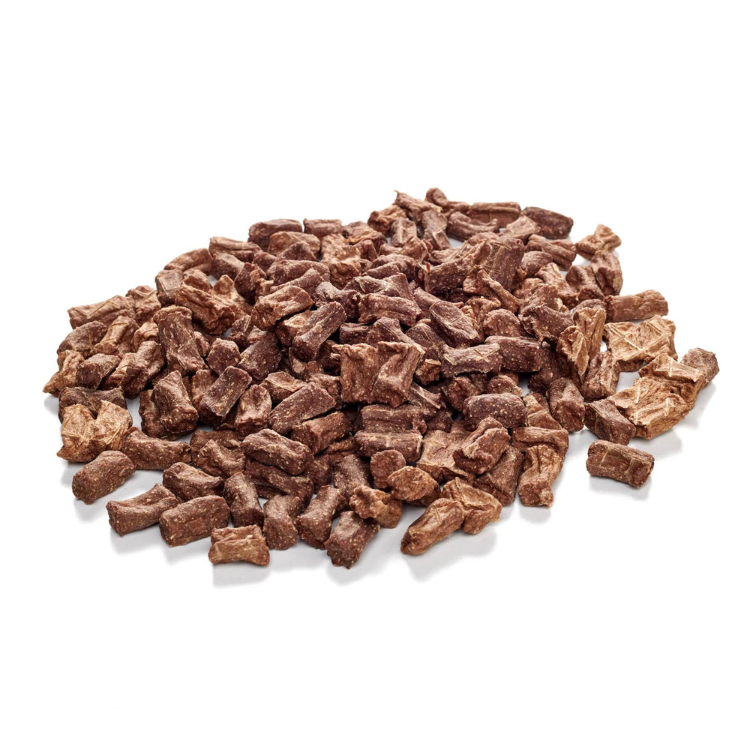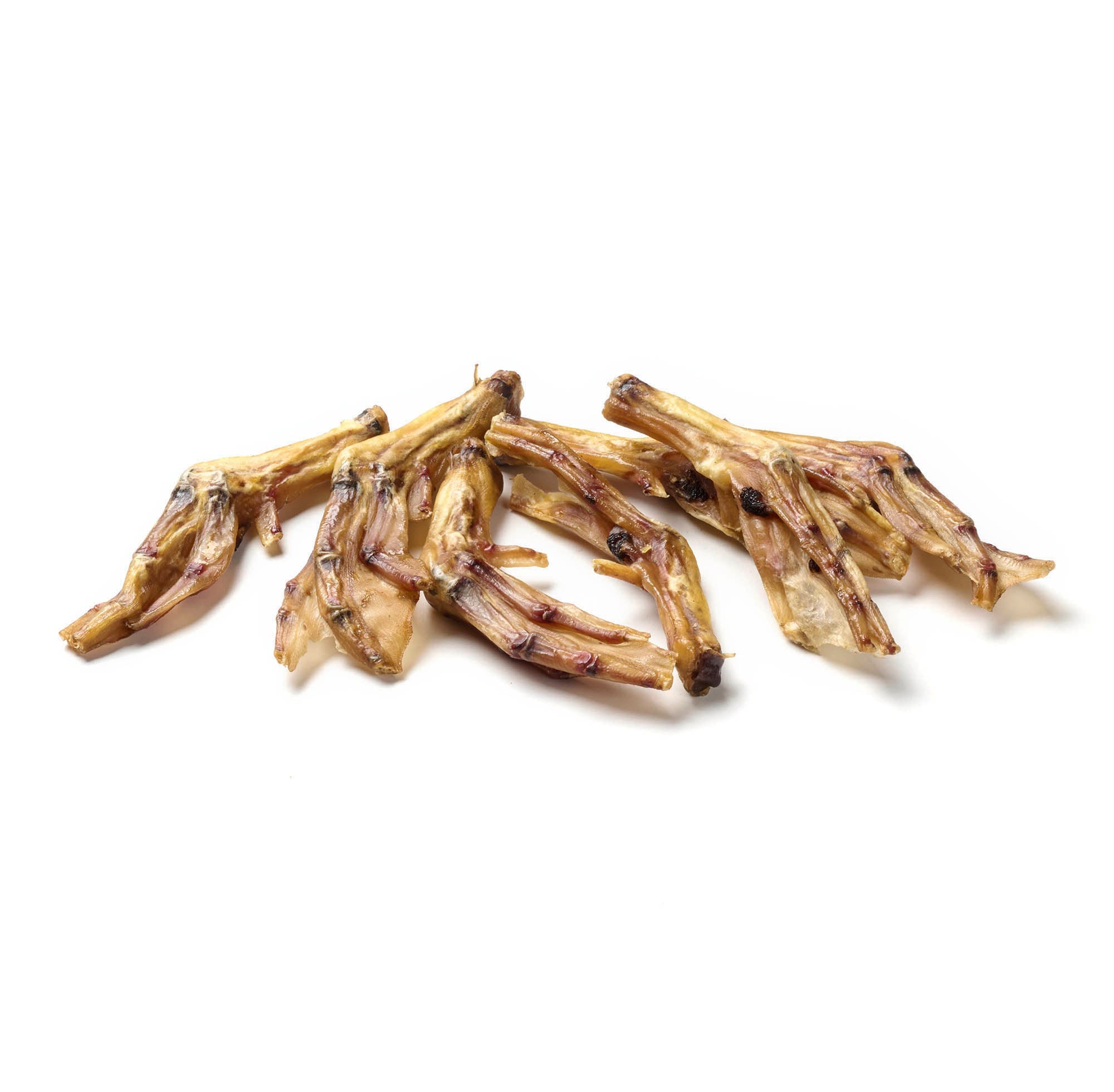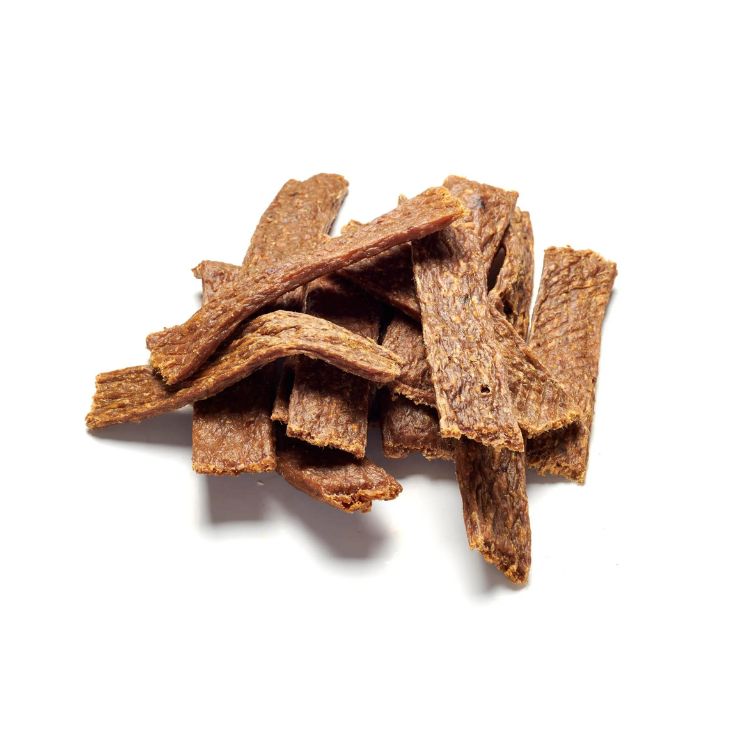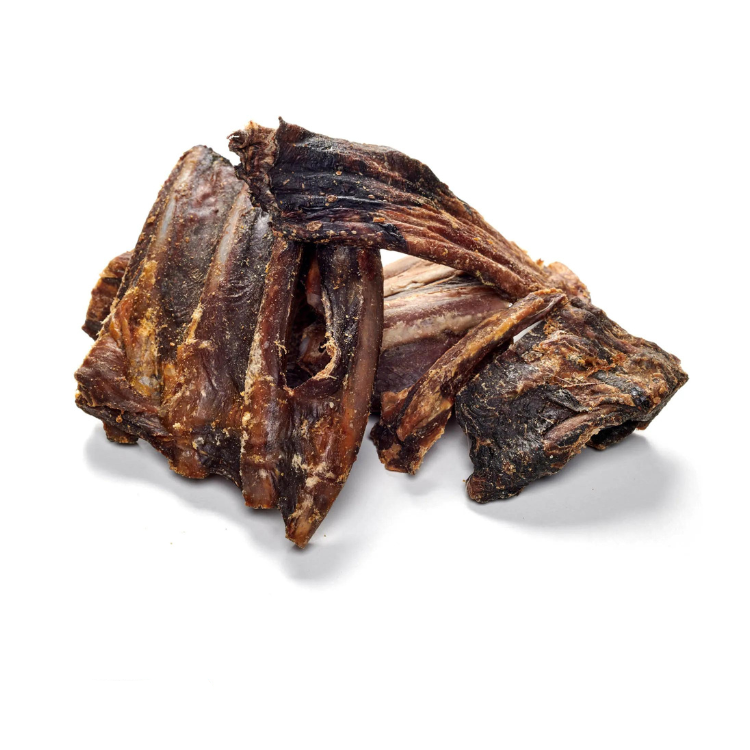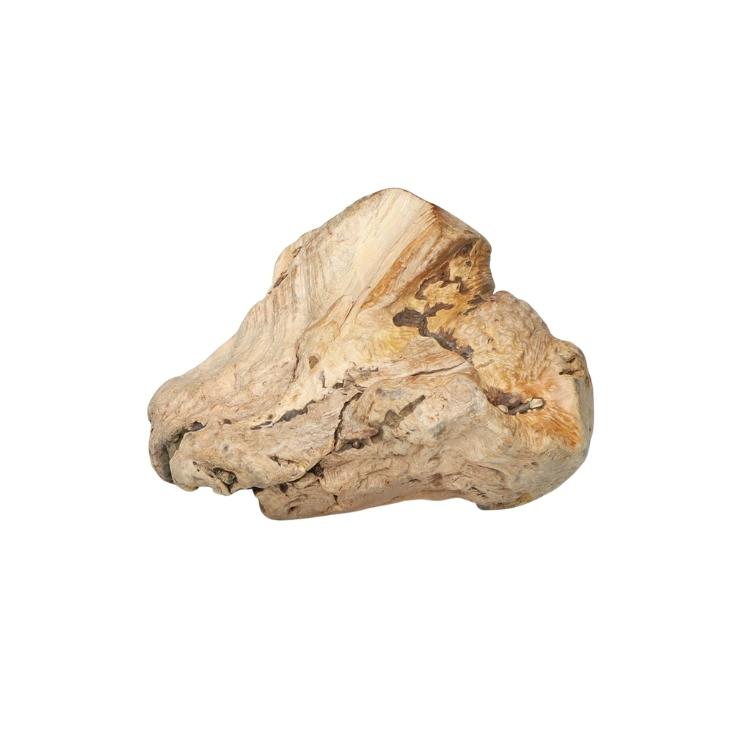
Dalmatian
Share
The Dalmatian is probably familiar to even the layman. Their mostly black spots on white fur allow even the most inexperienced person to immediately recognize who they are dealing with. These elegant dogs are loyal animals and are happy to take part in your sporting activities.
Content: Dalmatians
- profile
- Special features
- Nutrition
- Health and care
- Origin & History
- The right accessories
- Conclusion
Discover delicious dog snacks directly from our range!
Dalmatian - Profile
- Character: Pleasant, friendly, not shy, lively, gentle and loyal
- Size: Large
- Height: 54-62cm
- Weight: 20-30 kg
- Life expectancy: 11-13 years
- Coat type: Short hard coat
- Colour: Breed-specific black and liver-brown patches on white fur
- FCI Group: Hounds, Scenthounds and Related Breeds
Dalmatians - Special characteristics
The Dalmatian has a very beautiful and elegant appearance. The dogs have a strong, slim body. The elegant head shape with the close-fitting, hanging ears give the dogs a noble appearance. The black spots on the white fur are particularly characteristic and have already provided many a puzzle fun. The fur is short and dense. The spotted dogs do not have an undercoat.
Dalmatians are extremely friendly animals and have two strong characteristics. Firstly, the dogs are very social creatures and have strong communication skills. They are ideal as family dogs and get on well with children and other pets. Secondly, you can never give the animals enough exercise. Their need for exercise is almost inexhaustible and so you can spend the whole day with a Dalmatian going on bike rides, swimming, playing and going for walks or hikes.
Training Dalmatians is only difficult if dog owners think they have to address their dog in a bossy and authoritarian manner. A loving, patient and consistent dog owner, on the other hand, will have an easy job and can easily train the Dalmatian to be a loyal companion.
Dalmatians - What should you consider when feeding them?
The diet of Dalmatians is a little more special than that of other dogs. Since these sweet dogs have many allergies , certain foods should be avoided. There are appropriate diet foods. Most types of food with a low proportion of raw proteins are suitable. Since the dogs are prone to urinary stones, foods containing purines should be avoided. These include beef, fish and offal.
This can reduce the uric acid level. Never use food that contains unnecessary additives or low-quality fats . BARFing is not necessarily suitable for feeding Dalmatian dogs. It is better to cook the meat before feeding.
Delicious dog snacks for pure enjoyment are available from us!
Dalmatians - Health and Care
The Dalmatian needs to be brushed regularly. This grooming ritual builds a bond with your dog and removes dead skin and hair. This keeps the coat nice and smooth and shiny. The eyes, ears, claws and teeth should be checked once a week if possible. Since the Dalmatian has no undercoat, it is important to equip your companion with a winter coat. This way you can protect the spotted four-legged friend from colds in extreme temperatures.
Dalmatians with very few spots tend to suffer from deafness, which is typical for the breed. Be careful! The spots only develop a few weeks after birth. Find out about the health problems of the parents in order to assess the quality of the breeding.
Dalmatians - Origin & History
Dalmatians most likely originate from the eastern Mediterranean region around the province of Dalmatia. This is indicated by various inscriptions and Christian images from the 16th to 18th centuries. However, there are ancient images from Babylonian and Egyptian cultures that depict spotted dogs. Less commonly used as hunting dogs , these elegant animals accompanied carriages and probably developed their inexhaustible stamina in this way. In late medieval Europe, the Dalmatian was also very popular in aristocratic circles. The pure breeding of the dogs began in the 19th century. A breeding standard was first established in 1890. Today, the Dalmatian is a very popular companion and family dog with a worldwide distribution.
Dalmatians - The right accessories
Games with balls and Frisbees are very suitable for keeping your Dalmatian busy. The dog loves intelligence and skill games and grows with new tasks and challenges. In addition to toys, it is also important to have the standard repertoire of dog grooming accessories at home. This naturally includes the fur brush and, if necessary, a dog toothbrush and nail clippers.
Conclusion
The Dalmatian is known not only for its distinctive appearance, but also for its friendly and lively nature. As a loyal companion and sporty companion, it requires a special diet and regular care to stay healthy and happy. Its history goes back to ancient times, and today it is very popular as a family dog around the world. With the right accessories and loving training, the Dalmatian can develop its full potential and become a valued member of the family.
Dog chews available for happy and satisfied four-legged friends!

